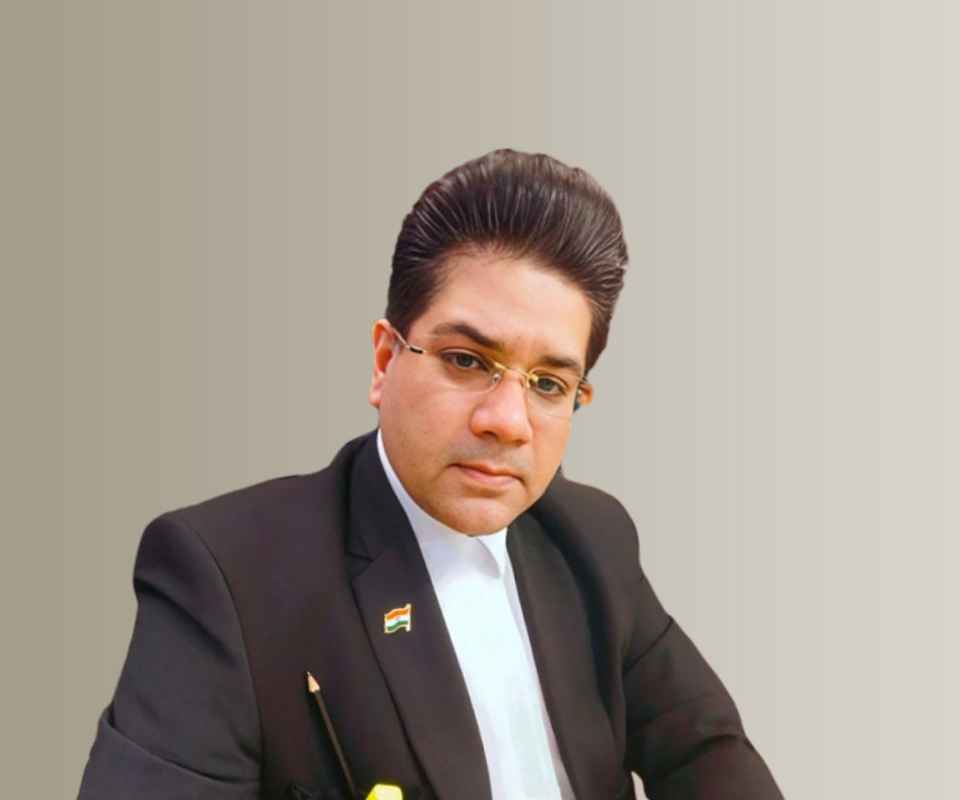Answer By law4u team
Hiding marital assets during divorce proceedings is considered fraudulent and illegal, and it can have serious legal and financial consequences. Courts in India and many other jurisdictions take a strong stance against the concealment of assets during divorce, as it undermines the principles of fairness and justice in the distribution of property.
Consequences of Hiding Marital Assets
Financial Penalties:
Court Sanctions: If it is discovered that a spouse has intentionally hidden assets during the divorce proceedings, the court may impose financial penalties. This could include paying the hidden asset's value or additional amounts as a penalty to the other spouse.
Loss of Assets: The court may award a larger portion of the marital assets to the other spouse to compensate for the hidden assets. If one spouse has successfully hidden assets, the court may rule that the other spouse is entitled to a larger share of the property.
Impact on Property Division:
Equitable Distribution: In a divorce, the marital assets are typically divided equitably (fairly) between the spouses, even if not equally. Concealing assets is considered a violation of the principle of equitable distribution. The court may view this as bad faith and may adjust the distribution to ensure that the innocent spouse receives a fair share of the hidden assets.
Unequal Division of Property: The spouse caught hiding assets may face an unequal division of property, meaning they may lose the right to a portion of the assets they would otherwise have been entitled to. For example, if one spouse hides significant savings, the other spouse may be awarded the hidden amount in addition to their share of the property.
Adverse Impact on Alimony or Maintenance:
Hiding assets can also negatively affect any alimony or maintenance decisions. If the court finds that a spouse is trying to deceive the other about their true financial situation, it can result in higher maintenance being awarded to the other spouse or reduction of alimony for the guilty party. Courts may also impose additional sanctions that go beyond the regular alimony order, reflecting the seriousness of the concealment.
Criminal Liability:
In extreme cases, hiding marital assets during divorce can lead to criminal charges under sections of the Indian Penal Code (IPC), such as fraud or misrepresentation. For example, Section 420 (cheating) or Section 406 (criminal breach of trust) can be invoked if a spouse hides assets with the intent to deceive the other spouse. If the fraud is significant, the guilty spouse may face criminal prosecution and imprisonment, in addition to civil penalties.
Impact on Custody and Visitation:
In some cases, concealing assets may also affect child custody decisions. If a parent is found to be dishonest or manipulative in hiding assets, the court may question their integrity and suitability as a custodial parent, as it may suggest a lack of fairness or honesty in other aspects of their life. The court may award joint custody or restrict visitation if they believe the deceiving parent is acting in bad faith, even if there is no direct connection between asset concealment and child welfare.
Loss of Credibility:
Loss of trust: In divorce proceedings, the credibility of both parties is crucial. If one spouse is caught hiding assets, they may lose the court's trust, making it harder for them to argue their case in other matters (such as custody or spousal support). This can negatively impact their chances in the overall divorce settlement.
Legal costs: Hiding assets may also increase the legal costs for both parties, as the innocent spouse may need to hire forensic accountants or other experts to trace the hidden assets, thus raising the costs of the divorce.
Forensic Investigations and Discovery:
If there is suspicion that assets have been hidden, the court may order a forensic investigation into the financial affairs of the spouse suspected of concealment. This could include bank records, tax returns, business valuations, or interviews with third parties, all of which could uncover hidden assets. In some cases, the court may appoint an independent auditor or financial expert to investigate the financials of the spouses, which can expose attempts to hide marital assets.
How Courts Detect Hidden Marital Assets
Discovery Process:
In divorce cases, both parties are required to disclose their financial assets and liabilities. If one spouse fails to disclose all assets or provides incomplete or false information, the other spouse can request discovery through the court. This discovery process involves demanding documents like bank statements, tax returns, credit card bills, investment portfolios, or business records, which can help uncover hidden assets.
Third-Party Testimony:
Witnesses, such as business partners, employees, or relatives, can be called to testify if they have knowledge of the concealed assets. Sometimes, these individuals might provide critical evidence of hidden accounts, properties, or valuables.
Financial Experts and Forensic Accountants:
If one spouse suspects the other is hiding assets, they may hire forensic accountants or financial experts to trace hidden funds. These experts can identify patterns of financial activity that might indicate the concealment of assets, such as unexplained transfers, hidden accounts, or suspicious gifts to relatives.
Example
In a divorce case, suppose a husband has significant savings and investments in offshore accounts but claims to have very little financial assets. His wife suspects that he is hiding money and requests a discovery order from the court. After reviewing the financial records, the court uncovers the hidden assets and orders that the wife receive a larger share of the marital property. Additionally, the husband is penalized by being ordered to pay extra maintenance, and his credibility is damaged in the court’s eyes, which influences the final property division.
Conclusion
Hiding marital assets during divorce proceedings is a serious offense that can lead to severe legal and financial consequences. These consequences include the loss of hidden assets, higher maintenance or alimony obligations, unequal property division, and the possibility of criminal charges. Courts take asset concealment seriously, and if proven, the guilty spouse may face penalties ranging from increased settlements to criminal prosecution. It is always advisable for both spouses to be transparent about their finances during divorce proceedings to avoid legal penalties and ensure a fair division of property.







